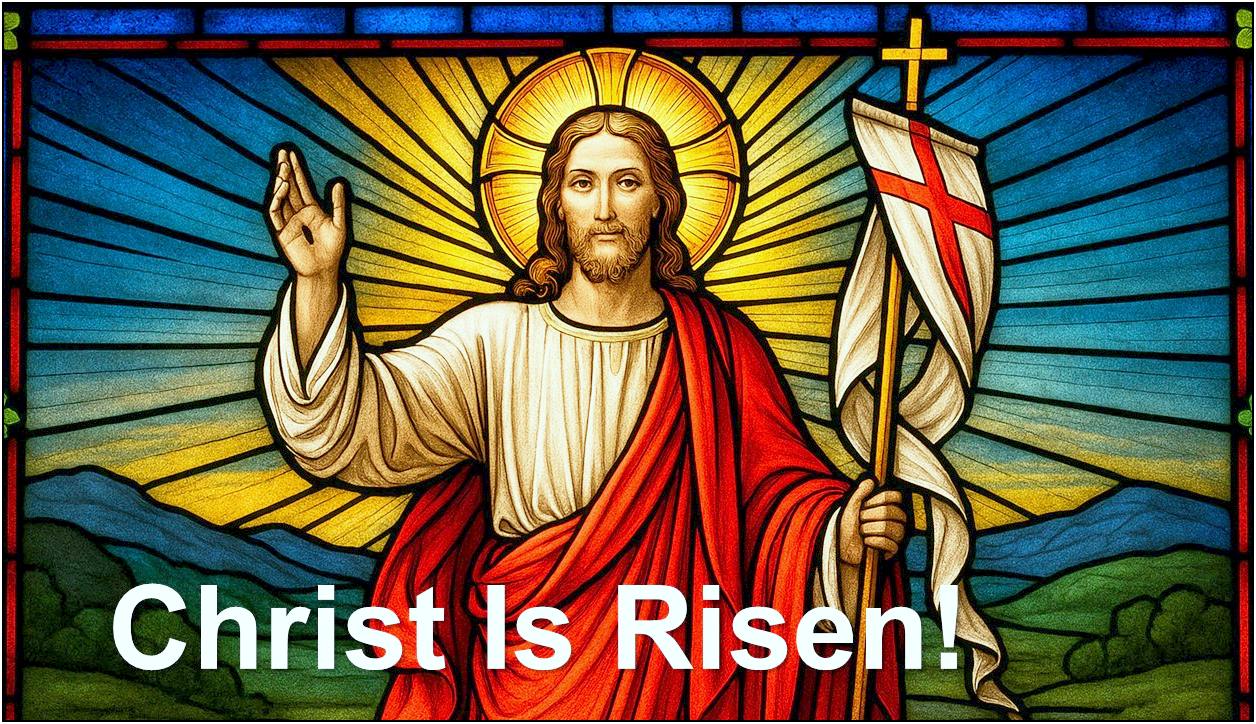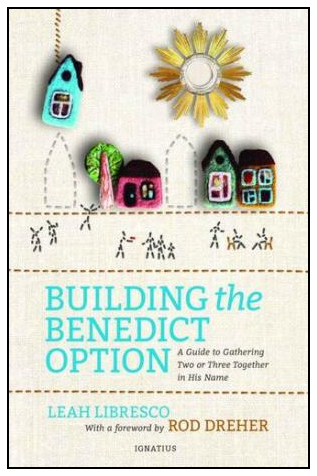CHRIST IS RISEN! SO... WHAT NOW?
 When I thought up the title for this article, I searched the Internet to see if it was unique: turns out I found four articles and several videos with almost the same title! I wondered: what were Christ's disciples thinking just before and right after His crucifixion and resurrection?
When I thought up the title for this article, I searched the Internet to see if it was unique: turns out I found four articles and several videos with almost the same title! I wondered: what were Christ's disciples thinking just before and right after His crucifixion and resurrection?
In Matthew 20:17-28 we read how hugely they misunderstood what was about to happen. He told them straight out: "Behold, we are going up to Jerusalem, and the Son of Man will be delivered to the chief priests and scribes, and they will condemn Him to death, and will hand Him over to the Gentiles to mock, to scourge, and to crucify; and the third day He will be raised up" (verses 17-19). Nothing could be clearer to us than this blunt statement, but we're thinking from our 21st-century viewpoint, we have likely heard this story hundreds of times.
The disciples, however, couldn't comprehend what He just said: they were following Jesus as the Messiah who would ride into Jerusalem on a white stallion, start a revolution in Jerusalem, overthrow the Roman occupation army, and liberate Israel from opression. Right away, James and John put their mother up to asking Jesus if one of her sons could be Prime Minister and the other Secretary of Defense in His new kingdom. He replied: "Guys, you don't know what you're asking for. You're going to get killed or exiled." He told them: "I didn't come to be an earthly ruler, I came to serve, and to give My life as a ransom for many."
Then He rode into Jerusalem on a little, young donkey. He shook things up by driving the moneychangers and animal sellers out of the Temple. He healed the blind and sick, he confronted the pharisees, the chief priests and the scribes several times as if He was forcing them to play their hand, to work out their plot to have Him killed.
Next came the scene in the Garden of Gethsemane where Peter blustered saying how bold he was, how he would never deny Jesus... and within just a few hours Peter denied Him three times. All of the disciples except John ran away, effectivly denying Him too – only a few women and John stood with Him as He was nailed to the Cross and executed. After three days, when He rose from the dead, the disciples were dumbfounded, they couldn't grasp what their own eyes saw: He was alive again! How could this be? Thomas doubted until he saw the wounds in His hands from the nails, then said: "My Lord and my God!"
But Peter and some of the other disciples went back to their old jobs: fishing. Jesus encountered them there with a miracle catch of fish, and restored Peter to his apostleship. Even after 40 days when He was seen by hundreds, perhaps thousands of people, including over 500 people at the same time, as He was about to ascend into heaven some of His disciples still doubted. Others asked – "Lord, are you now restoring the kingdom to Israel?" They still didn't get it! He told them – "It's none of your business to know the times or seasons!" (That's the literal translation from Russian.) "Your business is to preach the Good News everywhere, in Jerusalem, Judea, Samaria, and all over the world!" (Acts 1:1-8).
In the rest of Acts ch. 1, it seems that they were finally beginning to fathom what they were supposed to do: they rolled dice to select Matthias to replace Judas who had betrayed Christ "to take part in this ministry and apostleship from which Judas fell away, that he might go to his own place" (verse 25). Notice that they called it "ministry" – "diakonia" in Greek: the task at hand was to be servants, as we just read in Mattew ch. 20. And they recognized the importance of apostleship as servant-leaders. This was the start of apostolic succession down to this present day, not to be princes or prime ministers, but to be servants.
Then came the Day of Pentecost: like a bolt of lightning, the Holy Spirit descended upon the Apostles and the rest of 120 people in the Upper Room, and they received power from on high to preach the Good News in languages they hadn't learned: Jewish people in the crowds that day from all over the Greco-Roman Empire heard the Apostles in their own languages! The Great Commission was beginning to be fulfilled!
So... what now? What about you and me? What are we supposed to do about Christ's Resurrection? St. Paul wrote in 1 Corinthians ch. 15, if Christ didn't rise from the dead, there's no resurrection, the only meaning of life is to "eat and drink, for tomorrow we die" (verse 32). Do we go back to our jobs as before, like Peter and the others who went back to fishing? No, there's no going back to "life as usual" anymore. Not to decide is to decide not to. There's no "I abstain" vote – an "abstain" is the same as a "no" vote. Either we vote "yes" to Christ, deny ourselves, take up our cross and follow Christ, or we effectively deny Him and "eat and drink," to go back to fishing around for meaning.
You can read the rest of our newsletter at https://agape-restoration-society.org/ARC-News/a-n_2025-04-26.htm, and share it!

